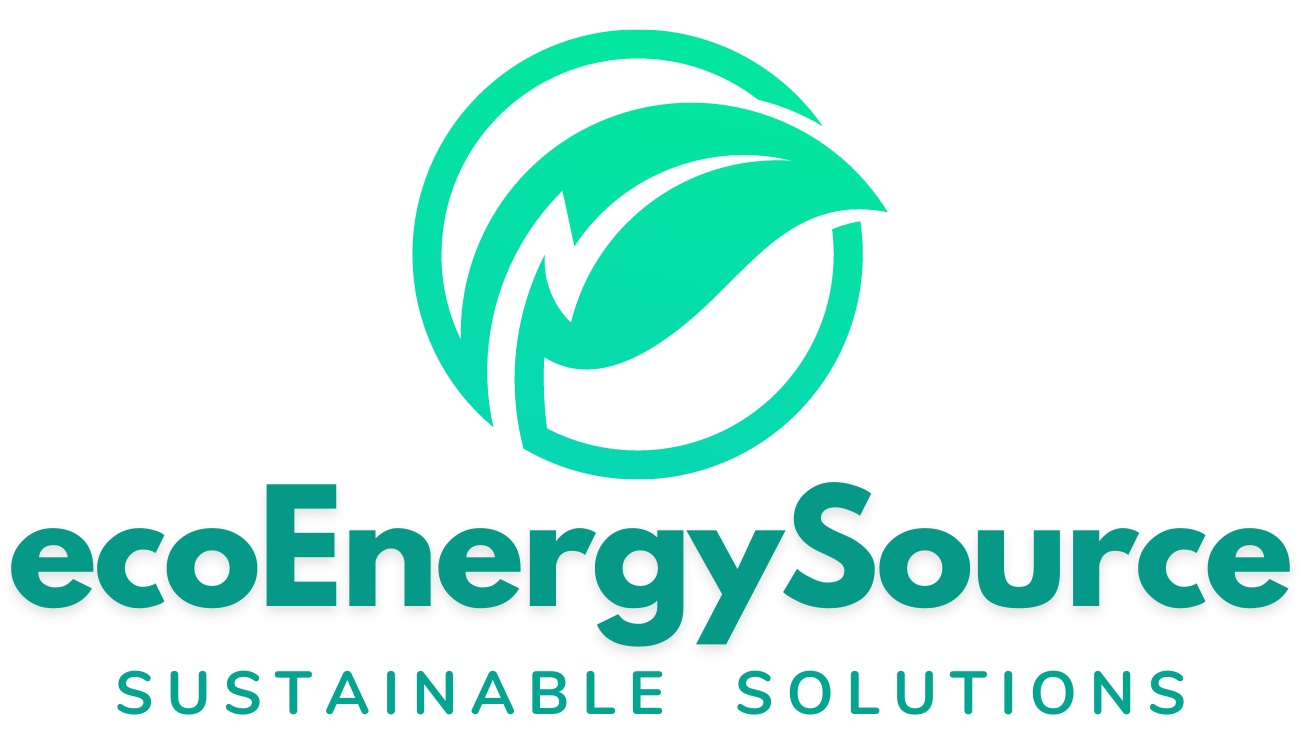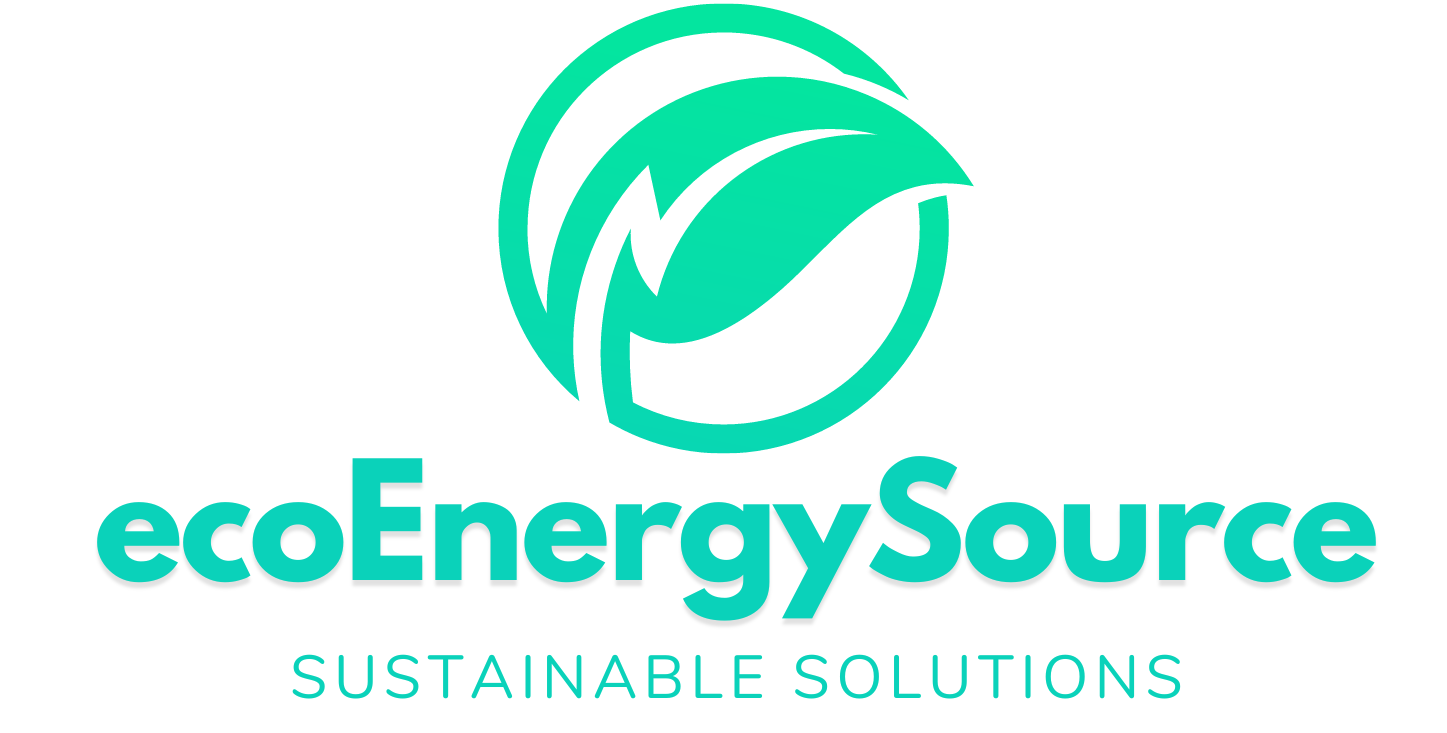Introduction: Democratising Solar Energy Access
Community solar projects are transforming how UK residents access renewable energy, particularly for the 40% of households unsuitable for rooftop installations. These shared solar arrays allow multiple participants to benefit from a single installation—whether on a village hall, farmland, or industrial roof.
This in-depth guide examines:
✔ How community solar schemes actually work
✔ Financial models and projected returns
✔ Legal and logistical considerations
✔ Real-world case studies of successful projects
✔ How to join or launch a local initiative
1. Understanding Community Solar Models
A. The Three Main Approaches
| Model | Description | Best For |
|---|---|---|
| Shared Ownership | Members buy panels in a central array | Those wanting long-term ROI |
| Power Purchase | Buy discounted electricity from shared array | Renters/low-income households |
| Donation/Community | Fund local renewable projects | Eco-conscious community groups |
B. Typical Project Specifications
- Size: 50kW to 5MW (powers 15-1,500 homes)
- Location: Brownfield sites, reservoirs, agricultural land
- Cost per share: £250-£1,000 typical investments
2. Financial Realities: Costs vs Returns
Investment Breakdown (Example: 250kW Village Project)
| Component | Cost | Notes |
|---|---|---|
| Solar panels & install | £180,000 | £720/kW (ground-mounted) |
| Grid connection | £25,000 | Often biggest unexpected cost |
| Legal/Admin | £15,000 | Co-op formation, planning consent |
| Total | £220,000 |
Projected Returns (Over 20 Years)
- Annual generation: 220,000 kWh (@4% annual degradation)
- Income streams:
- SEG export payments (5-15p/kWh)
- Member subscriptions/dividends
- Local business power agreements
- Investor returns: 4-8% annually (better than most ISAs)
Case Study: Bath & West Community Energy pays 6% dividends yearly since 2010.
3. Legal Framework and Planning Considerations
Key Regulations
- Co-operative Society rules (FCA registered)
- Planning permission (varies by council)
- Ofgem licensing (for >100kW export)
- Land lease agreements (25-30 year terms)
Common Hurdles
- Grid capacity limitations (40% of failed projects)
- VAT complications (different rules for community vs private)
- Insurance requirements (£5-15k/year for mid-size arrays)
4. Step-by-Step: Launching a Community Project
Phase 1: Feasibility (Months 1-6)
- Form steering committee
- Identify suitable site (rooftop/land)
- Preliminary grid capacity check
- Community interest survey
Phase 2: Development (Months 6-18)
- Secure planning permission
- Finalise financial model
- Member share offer launch
- Contractor procurement
Phase 3: Operation (Year 2 onwards)
- Construction (4-12 weeks)
- Ofgem accreditation
- Ongoing member management
5. Regional Success Stories
A. Repowering London (Multiple Sites)
- Model: Rooftop solar on social housing
- Capacity: 1.2MW total
- Benefit: 30% cheaper energy for 600+ low-income households
B. Egni Co-op (Wales)
- Model: Solar on schools/public buildings
- Capacity: 3.5MW
- Returns: 5-7% for 900+ local investors
C. Sheffield Community Solar
- Innovation: Floating solar on reservoirs
- Output: Powers 200 homes annually
- Bonus: Reduces algae growth in water
6. Pros and Cons for Participants
✅ Advantages
- Access solar without suitable roof
- Typical 4-8% annual returns
- Strengthens local energy resilience
- Social impact (jobs, education)
⚠️ Challenges
- Illiquidity (5+ year commitment)
- Administrative complexity
- Lower returns than private rooftop solar
7. How to Evaluate a Community Solar Opportunity
10 Key Questions to Ask:
- What’s the minimum investment?
- How are profits distributed?
- What’s the projected IRR?
- Who manages operations?
- Is there grid capacity evidence?
- What planning permissions exist?
- How are risks mitigated?
- What happens if energy prices fall?
- Can you sell your shares later?
- What’s the exit strategy at end-of-life?
8. The Future of Community Energy
Emerging Trends
- Virtual power plants (aggregating multiple sites)
- Combined heat/power projects
- Council-led initiatives (new funding streams)
- Blockchain-enabled microgrids
Prediction: 1 in 8 UK households will participate in community energy by 2030.
9. Alternatives to Direct Investment
A. Community Energy Bonds
- Fixed-term loans (3-5 years)
- 3-5% interest (e.g., Ripple Energy)
B. Corporate Sponsorship
- Local businesses fund panels for CSR
- Receive PR benefits + discounted power
C. Volunteer Participation
- Non-financial roles in co-ops
- Earn energy credits through labour
10. Conclusion: Is Community Solar Right for You?
Best Suited For:
✔ Those with unsuitable roofs
✔ Investors wanting ethical returns
✔ Communities seeking local resilience
Less Ideal For:
✖ Those wanting quick liquidity
✖ Households that could install rooftop solar
✖ Investors needing guaranteed returns




